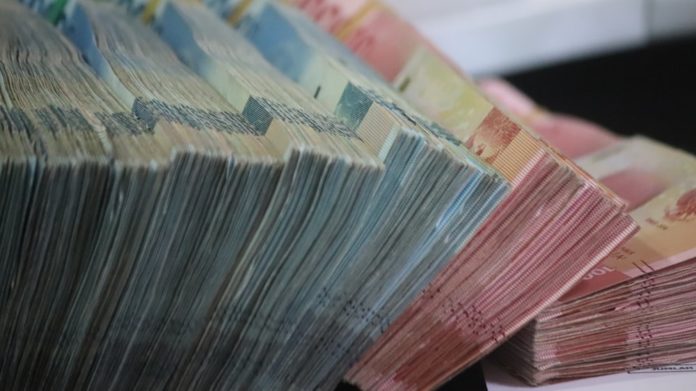
IMPALA Platinum (Implats) would not be drawn into whether it would embark on a bidding war for outright control of Royal Bafokeng Platinum (RBPlat), saying today it had noted the voluntary offer by Northam Platinum Holdings for shares in the company.
“We will be guided by the best interests of our shareholders in exercising our strategic options,” said Johan Theron, spokesman for Implats in a short statement. Writing on Twitter, Implats non-executive director, Bernard Swanepoel asked if Northam’s offer was “aggressive or desperate?”
Shares in RBPlat traded up 9.2% to R165,53/share by midday in Johannesburg, short of the R172,70/share offer unveiled by Northam (R180.50/share less dividends owing to its 34.52% stake).
Commenting on Northam’s transaction, RMB Morgan Stanley said in a note that Northam Platinum would be stretched financially despite having extended debt and liquidity to about R9.2bn last week through a refinanced revolving credit facility and new loan.
The level of debt Northam would incur depends on the extent to which its cash resources are called upon. In terms of its offer, it will pay a larger proportion of the consideration in cash the lower the take-up of minorities, up to the conditional 50.1% of the voluntary offer to RBPlat shareholders.
In the event Implats does not tender its 41% stake in RBPlat into Northam’s offer – which is possible considering the strategic importance RBPlat has to its own shaft extension plans – and considering it already owns 37% of RBPlat (after exercising its options), Northam will have a maximum cash component of R152.42 per share or R10bn.
Added to R16bn in net debt as of end-June, Northam’s net debt to ebitda would be about 1.3x – greater than its preferred ratio of 1:1. However, this does not include earnings from RBPlat which, based on historic numbers, would return Northam’s ebitda to net debt ratio to 1:1. But on an absolute basis, Northam will have debt of about R20bn, said RMB Morgan Stanley.
What this might mean is that were Implats to nudge up its own offer of R150 per RBPlat share, it could push Northam beyond its ability to compete for RBPlat. Such a step might incur the disquiet of Implats’ shareholders, especially as there is a degree of margin pressure in the platinum group metals (PGM) sector currently, even though metal prices have held up.
There’s also the consideration that Northam requires shareholder support for its offer against a backdrop of some disquiet when it announced its intention to pay the initial premium for its RBPlat beachhead, which came exactly a year ago today.
“We do question the valuation premium,” the bank said. Shares in Northam fell about 6.5% by midday.
According to Arnold van Graan, an analyst at Nedbank Corporate & Investment bank, the race to control RBPlat will not be settled quickly. The deal was “still a long way off from being finally concluded given the various regulatory processes involved. The contest for control of RBPlats could thus be clouded in uncertainty for some time to come,” he said.
He added that Northam’s balance sheet would be stretched but it ought to de-lever “relatively quickly”. In the context of a sharp downturn in commodity prices, high debt was precarious to have, he added.
Paying premiums
The prospect of the two companies facing off in a bidding war for RBPlat comes a day after another mining blue chip, Gold Fields opted not to increase its offer for Yamana Gold amid a joint competing offer by two North American gold producers.
Gold Fields was criticised for its 35% premium for Yamana Gold when it announced the deal on May 31. The fact that Gold Fields was eventually pushed out by a higher offer suggests mining companies are prepared to pay significant premiums for the future value of minerals in the ground.
RBPlat’s assets contain an estimated 62 million ounces of platinum group metals (PGMs) consisting of UG2 and Merensky reefs at an extraction rate of about 75% – relatively high in the industry.
The deposits are also shallow ranging from surface to a depth of 1,000 metres. Paul Dunne, CEO of Northam Platinum has long made the point that “depth is a proxy for risk and cost” in the industry. “That makes the assets very competitive and very strategic,” he said previously.











